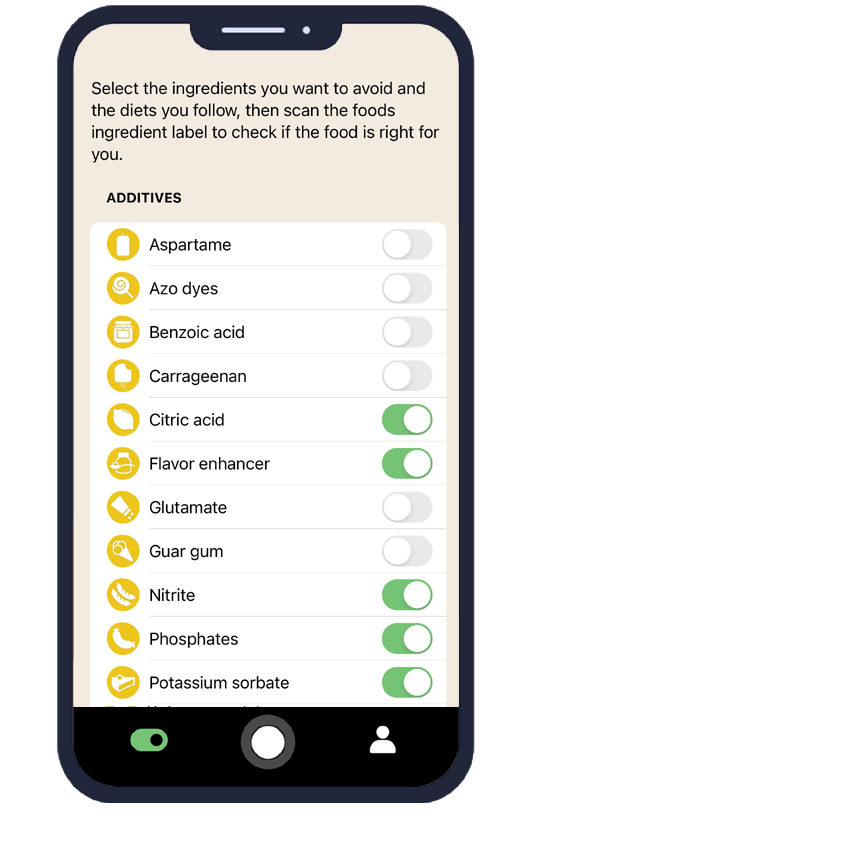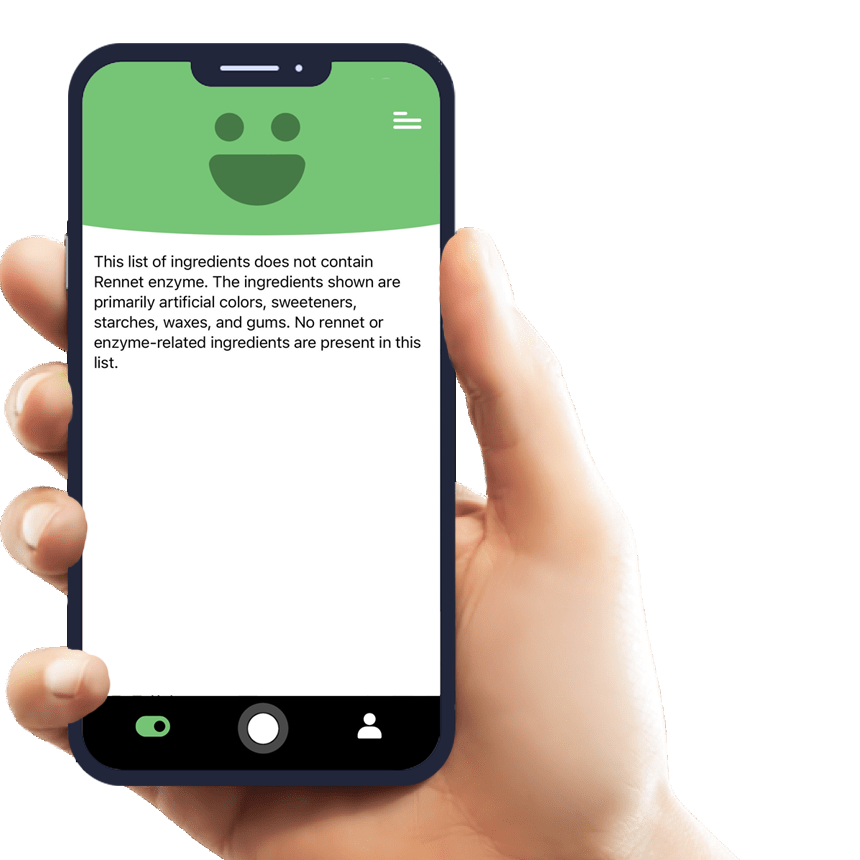Everything You Need to Know About Peanut Allergies and How AI Eat This Can Help You Stay Safe
Peanut is one of the most common and potentially dangerous food allergens worldwide, affecting millions of people across all age groups. For individuals with peanut allergies or intolerances, identifying this ingredient in food products can be a matter of life and death. The challenge becomes even greater when dealing with processed foods, international products, or items with complex ingredient lists in foreign languages.
Fortunately, modern technology offers a solution. AI Eat This is a revolutionary mobile app that uses artificial intelligence to scan ingredient lists in any language, helping users quickly identify peanut and other allergens in food products. This innovative tool empowers consumers to make informed decisions about their dietary restrictions and maintain their health safely.
What Is Peanut and Where Is It Used in Food Products?
Despite its name, peanut is not actually a nut but rather a legume that grows underground, closely related to beans and peas. However, peanut proteins can trigger severe allergic reactions similar to tree nuts, making it a major concern for food safety. Peanut allergies typically develop in childhood and often persist throughout life, with reactions ranging from mild symptoms to life-threatening anaphylaxis.
Peanut appears in countless food products, often in unexpected places. Beyond obvious sources like peanut butter and mixed nuts, this allergen can be found in baked goods, chocolates, cereals, energy bars, and even some sauces and seasonings. Food manufacturers may use peanut oil, peanut flour, or peanut protein as ingredients, and cross-contamination during processing can introduce peanut traces into seemingly safe products.
Common Foods Containing Peanut
Understanding where peanut commonly appears helps consumers stay vigilant:
- Baked goods including cookies, cakes, and pastries
- Candy and chocolate products
- Breakfast cereals and granola bars
- Asian cuisine dishes and sauces
- Ice cream and frozen desserts
- Protein powders and nutritional supplements
- Processed snack foods and crackers
Is Peanut Safe? Understanding Peanut Allergy Risks
For the general population without allergies, peanut is considered safe and even nutritious, providing protein, healthy fats, and various vitamins and minerals. However, for individuals with peanut allergies, even trace amounts can trigger serious reactions. The FDA recognizes peanut as one of the nine major food allergens that must be clearly labeled on packaged foods.
Regulatory Guidelines and Safety Measures
Health authorities worldwide, including the WHO and EFSA, have established strict labeling requirements for peanut-containing products. In the United States, the Food Allergen Labeling and Consumer Protection Act requires manufacturers to clearly identify peanut on ingredient labels, either in the ingredients list or in a separate "Contains" statement.
Despite these regulations, challenges remain. Products manufactured in facilities that also process peanut may carry "may contain" warnings, and international products might use different labeling standards. Cross-contamination during manufacturing, transportation, or retail handling can also introduce peanut traces into otherwise safe products.
Risks for Specific Groups
Individuals with diagnosed peanut allergies face the highest risk and must maintain strict avoidance. Even those with mild reactions should exercise caution, as peanut allergy severity can change over time and become more severe with subsequent exposures. Parents of children with peanut allergies must be particularly vigilant, as accidental exposure in school or social settings is common.
How AI Eat This Helps You Avoid Peanut Safely
The AI Eat This app revolutionizes how people with dietary restrictions navigate food choices. By simply pointing your smartphone camera at an ingredient list, the app instantly scans and identifies peanut and other allergens, regardless of the language or format. This technology eliminates the guesswork and anxiety associated with reading complex ingredient labels.
The app's personalized filter system allows users to set up custom profiles based on their specific dietary restrictions. Once configured, AI Eat This will immediately alert users when scanning products that contain peanut or other problematic ingredients. This feature is particularly valuable when shopping for international foods or products with unfamiliar ingredient names.
Beyond simple identification, AI Eat This provides educational information about food additives and helps users understand alternative names for peanut that might appear on labels. The app continuously updates its database to include new products and ingredient variations, ensuring comprehensive protection for users with peanut allergies.
Who Should Avoid Peanut?
The primary group that must avoid peanut consists of individuals diagnosed with peanut allergies through proper medical testing. These allergies can develop at any age, though they most commonly appear in early childhood. Symptoms can range from mild reactions like hives or digestive upset to severe anaphylaxis requiring immediate medical intervention.
Some individuals may also need to avoid peanut due to specific medical conditions or dietary protocols recommended by healthcare providers. Parents often choose to delay introducing peanut to infants, though current medical guidelines actually recommend early introduction under medical supervision to potentially prevent allergy development.
Healthcare workers, teachers, and caregivers working with individuals who have peanut allergies should also be knowledgeable about peanut avoidance to maintain safe environments and respond appropriately to allergic reactions.
Tips for Maintaining a Peanut-Free Diet
Successfully avoiding peanut requires vigilance, preparation, and the right tools. Always read ingredient labels carefully, even on familiar products, as manufacturers sometimes change formulations. When dining out, communicate clearly with restaurant staff about peanut allergies and ask detailed questions about food preparation methods.
Keep emergency medications like epinephrine auto-injectors readily available and ensure family members, friends, and colleagues know how to use them. Consider wearing medical alert jewelry that identifies your peanut allergy in case of emergency situations.
Utilize technology like AI Eat This to simplify ingredient checking and reduce the risk of accidental exposure. The app's ability to scan ingredients in multiple languages makes it invaluable for international travel or when purchasing imported products.
Build a network of support by connecting with other families managing peanut allergies and staying informed about new research, products, and safety recommendations from CDC and other health authorities.
Conclusion
Managing peanut allergies doesn't have to limit your lifestyle or create constant anxiety about food choices. With proper knowledge, preparation, and innovative tools like AI Eat This, individuals with peanut allergies can confidently navigate their dietary restrictions while maintaining their health and safety.
The AI Eat This app represents a significant advancement in food safety technology, offering real-time ingredient scanning and personalized allergen detection that adapts to your specific needs. By combining traditional safety practices with cutting-edge technology, you can enjoy greater freedom and peace of mind in your daily food choices.
Don't let peanut allergies control your life. Download AI Eat This for free testing today and experience the confidence that comes with having a powerful allergen detection tool right in your pocket!

70 filters
With over 70 filters, you can easily avoid certain ingredients and follow your dietary preference.

Paleo

Pescetarian

Ultra-processed food

Vegan







































































